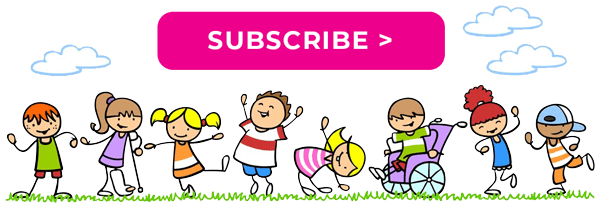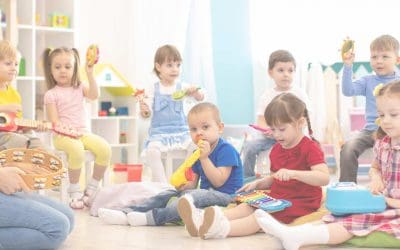Types of Child Temperament
Becoming a parent is an exciting and often daunting prospect. The media is full of images of happy parents and babies. The notion of ‘sleeping like a baby’ abounds and people everywhere make assumptions of how wonderful it will be to have a child. The reality is that it is not always easy and that babies and children differ tremendously.
We used to think that babies were born as tabula rasa’s (blank slates) ready to be influenced by the world. We now know that children are born with different temperaments, which are then influenced by their experiences and the world around them.
Did you anticipate what your child would be like before they were born? Perhaps you thought they would be calm like you. Perhaps you felt they were non-stop in the womb and would always be on the go. Maybe your child came to you through adoption and you wondered how their birth family would influence who they are.
We used to think that babies were born as tabula rasa’s (blank slates) ready to be influenced by the world. We now know that children are born with different temperaments, which are then influenced by their experiences and the world around them.
There are three broad categories of temperament (Thomas, Chess & Birch, 1968). Which of the following traits above do you identify with most for yourself? What about for your child?
The Adaptable Child
- Approachable
- Has regular rhythms e.g. sleeps and eats on a regular schedule
- Generally positive mood
- Low intensity
- Low sensitivity
The Feisty Child
- Active
- Intense
- Distractible
- Sensitive
- Irregular
- Moody
The Cautious Child
- Slow to adapt
- Withdraws easily
Of course there are dimensions within these and you may see traits from more than one category for the same person.
What does this mean for you, the parent?
Parents and children with similar temperaments can find it easier to understand each other (although a feisty parent and a feisty child can have a tendency to clash). Reflecting on your own and your child’s temperament can help you to understand them better.
There can be a lot of comparison between peers with similar age children. Knowing your own child’s temperament can help you understand why your child is different to others e.g. just won’t sleep well when others seem to have had no problem achieving this.
Check this out for further information and to complete a temperament tool.
What to learn more about childhood attachment or emotional development?
The general information provided on the Website is for informational purposes and is not medical advice.
If you have a medical emergency, call a physician or qualified healthcare provider, or CALL 911 immediately. Under no circumstances should you attempt self-treatment based on anything you have seen or read on this Website. Always seek the advice of your physician or other licensed and qualified health provider in your jurisdiction concerning any questions you may have regarding any information obtained from this Website and any medical condition you believe may be relevant to you or to someone else. Never disregard professional medical advice or delay in seeking it because of something you have read on this Website.












